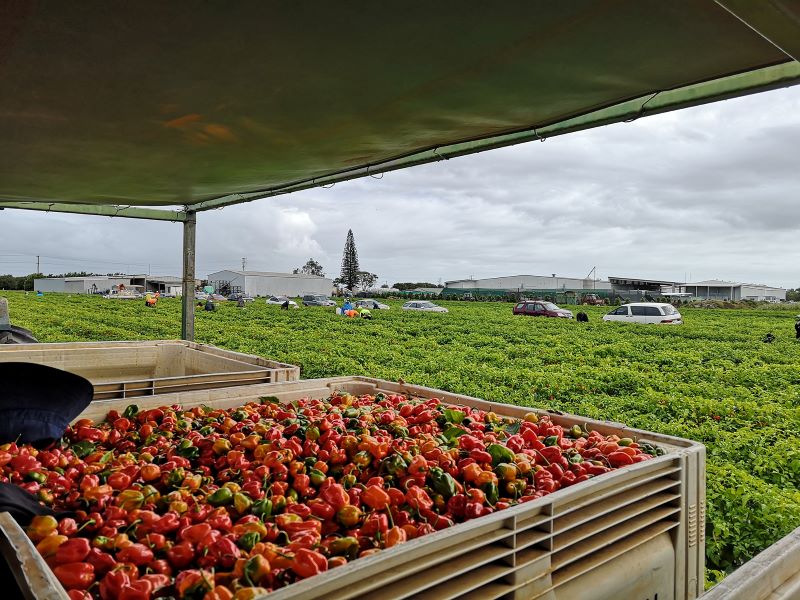
AUSTRALIA HEADING FOR DRASTIC MIGRATION CHANGES
A REVIEW OF CHANGES EXPECTED 08 MAY 2023.
Explore More
A REVIEW OF CHANGES EXPECTED 08 MAY 2023.
Explore More
At the start of 2023, Australia announced that it would be reviewing its visa and immigration policies to address the growing shortage of workers, especially in rural areas. A report on the review is expected to be out in February this year. Like many developed nations, Australia too faces the problems brought forth by an […]
Explore More
Australia is currently looking at a significant overhaul of its skills-based visa programme, where skilled occupation lists could be axed and hundreds of visa sub-categories slashed, to make way for a demand-driven immigration system where businesses have a greater role in determining what jobs are in short supply. Australian Home Affairs Minister Clare O’Neil is […]
Explore More
Griffith research confirms the essential contribution of backpackers and seasonal migrant workers to regional Australia is undervalued. Backpackers and seasonal migrant workers contribute to the culture, economy and tourism industry in regional communities and provide essential services to the agricultural sector. Research fellow at the Griffith Centre for Social Cultural Research, Dr Kaya Barry said […]
Explore More